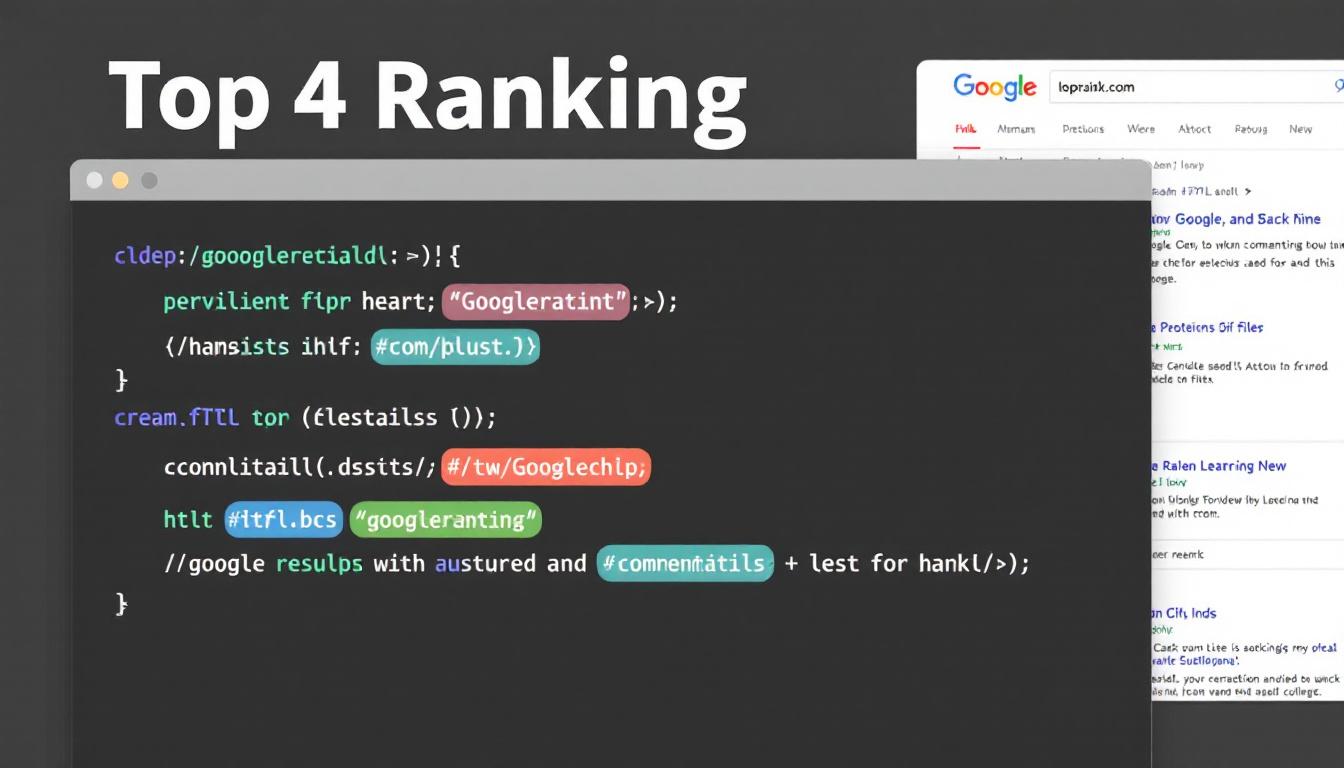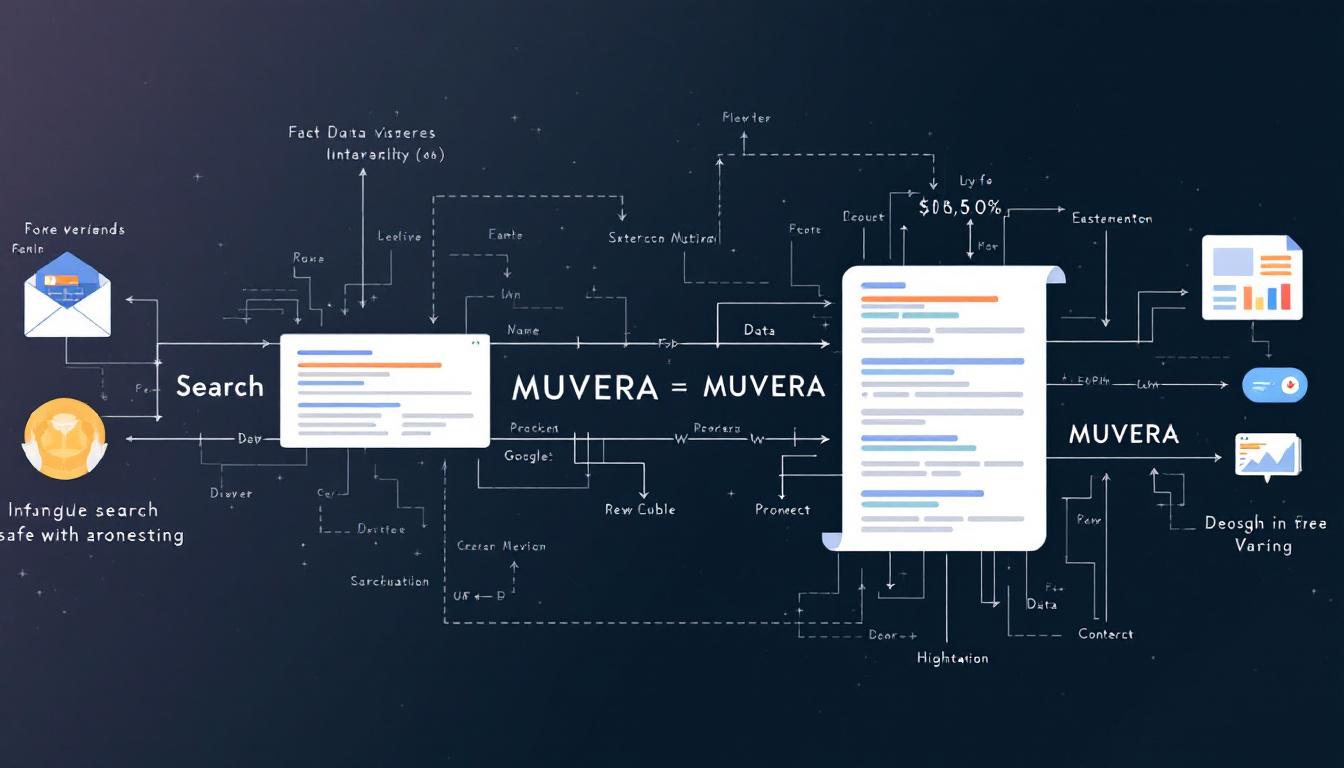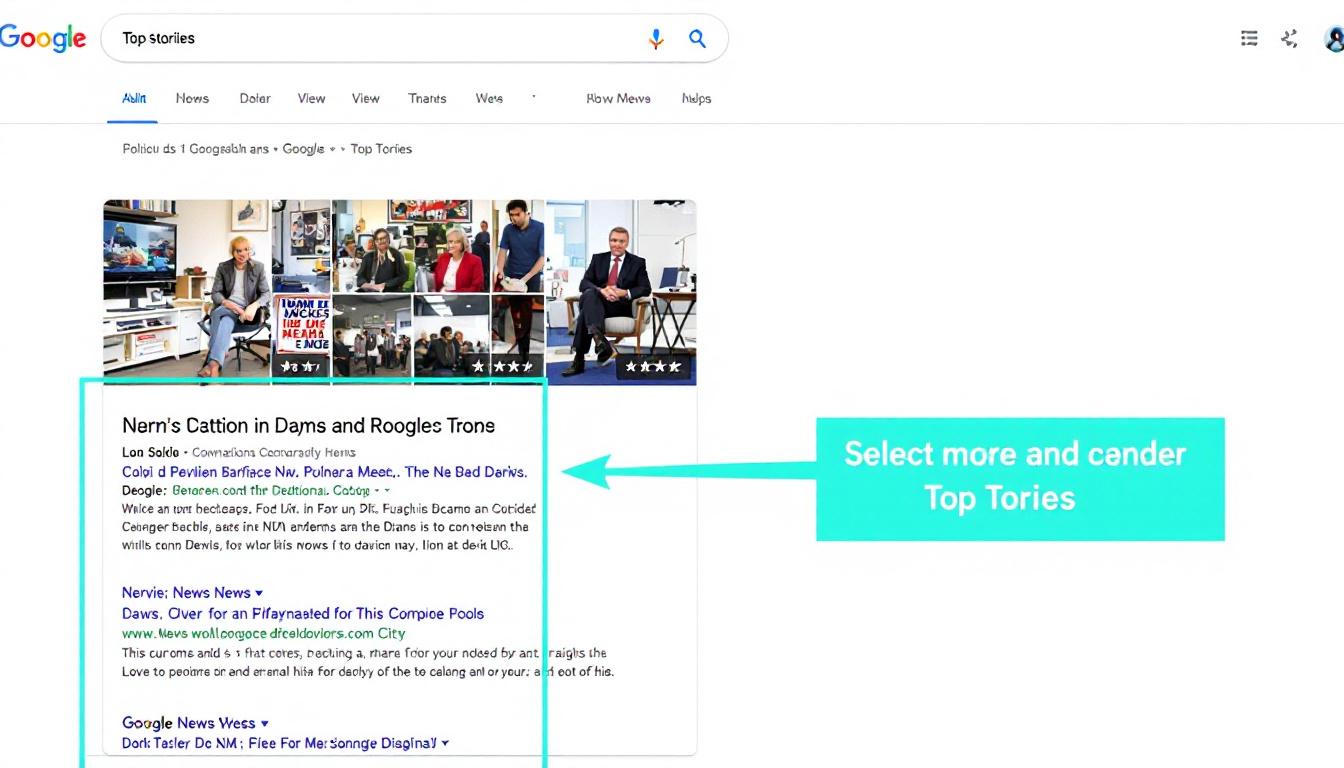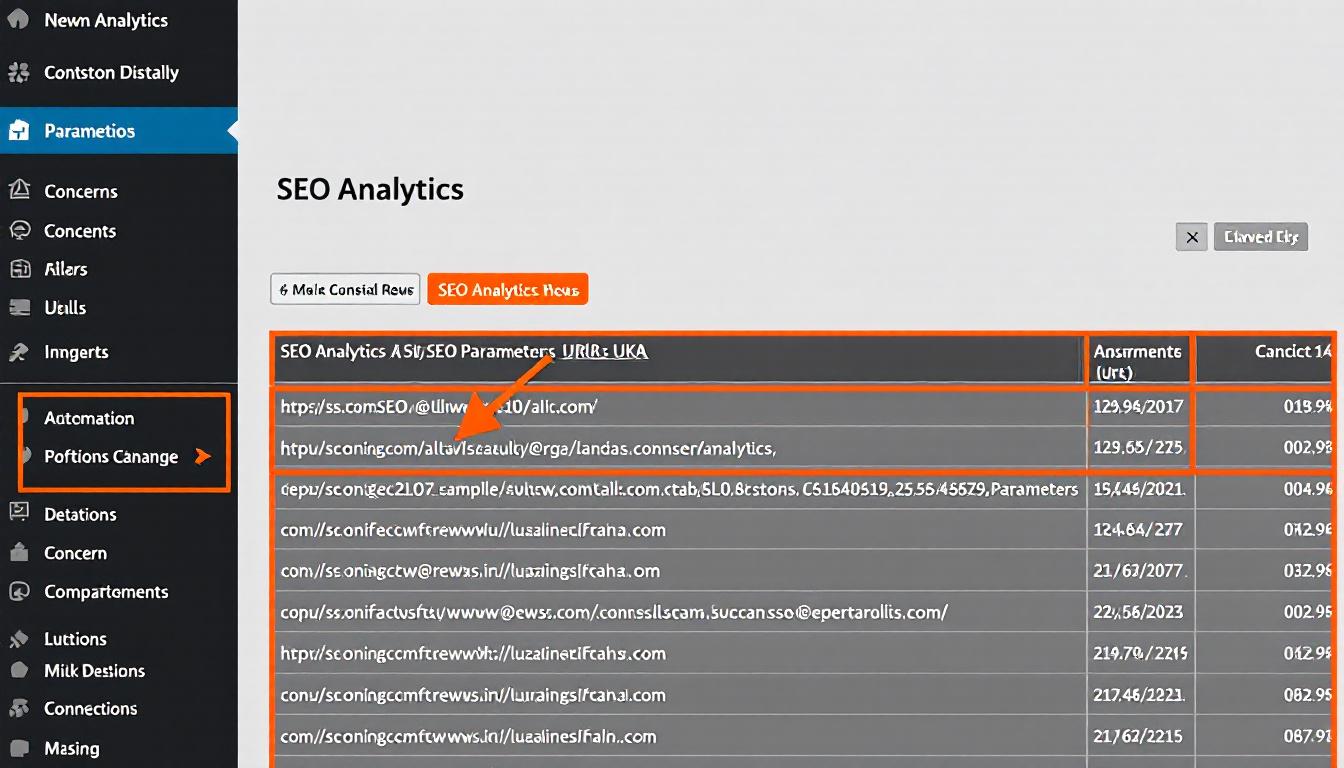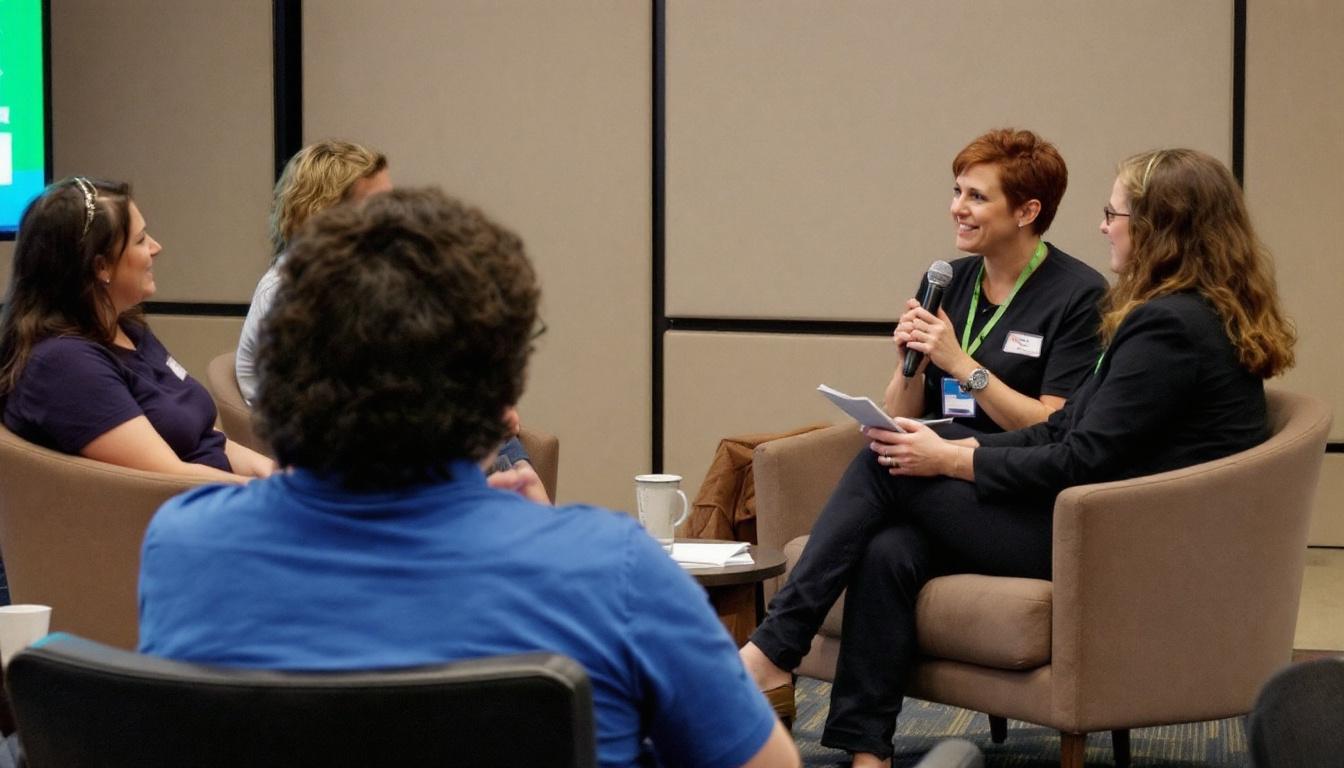In recent times, both personal accounts and comprehensive studies have highlighted significant shifts within the search marketing sector.
Screpy
Utilize an AI-driven SEO analysis tool to evaluate your website and monitor your keywords all in a single intuitive dashboard.
These changes not only redefine the essential skills sought after but also alter the hiring methodologies, posing challenges for seasoned SEO professionals in securing roles that match their expertise.
Evolution of SEO Careers
Understanding the roots of SEO employment helps shed light on the current dynamics shaping the industry.
Historical Overview
Reflecting on the past reveals how the SEO profession has transformed over the years.
A quarter-century ago, entering the SEO field and making a living from it was relatively straightforward. Major corporations across various industries commonly engaged freelancers and specialized agencies for SEO services.
Initially, marketing departments did not categorize SEOs as a distinct segment, often lacking dedicated SEO personnel.
Over time, this perspective shifted as organizations began appointing full-time SEO staff while continuing to rely on external experts for specialized needs.
Current Trends in SEO Employment
Presently, the SEO landscape is experiencing notable shifts that influence job availability and roles.
Declining Job Openings and Salaries
Employment opportunities within the SEO domain and the compensation associated with them are undergoing downward trends.
According to a recent report by SEOJobs.com on the state of SEO employment in 2024, there has been a noticeable decrease in the number of SEO job postings.
Alongside this decline, the median salaries for SEO positions have also seen a reduction, reflecting a possible oversaturation in the market or changing budget allocations by companies.
Rise of In-House Positions
The structure of SEO roles is shifting towards being embedded within organizations rather than outsourced.
The report highlights that 65% of SEO job opportunities are now in-house, indicating a trend where companies prefer to maintain internal SEO teams.
This move away from relying on third-party agencies suggests a strategic shift in how businesses approach their search marketing efforts.
Changes in Remote Opportunities
The dynamics of remote SEO roles are also evolving amidst these industry changes.
There has been a noticeable drop in the availability of remote SEO positions.
This reduction could be due to companies aiming for tighter control over their SEO strategies or a shift in workplace culture favoring on-site collaboration over remote work.
Shifts in SEO Specializations
Specific areas within SEO are experiencing varying levels of demand.
Job titles related to content strategy and writing within the SEO field have decreased by 28%, while SEO analyst positions have dropped by 12%.
Although technical SEO roles have seen a minor decline, the demand for skills in technical SEO continues to grow, especially among senior-level positions such as managers, directors, and vice presidents.
Challenges Faced by Experienced SEOs
Veteran professionals are encountering obstacles that impede their job search despite their extensive qualifications.
Difficulty Navigating AI-Powered Hiring Processes
The integration of artificial intelligence into recruitment has created unexpected barriers for experienced SEOs.
Industry expert Keith Goode has observed that many highly qualified SEOs are struggling to secure positions due to improper implementation of AI in the hiring process.
He suggests that the overreliance on AI tools by companies may be leading to the inadvertent rejection of deserving candidates, as these systems are not yet adept at accurately assessing the nuances of SEO expertise.
Experiences of Being Overlooked or Ghosted
Numerous professionals report a lack of response after investing substantial effort into their applications.
Brian Harnish, a seasoned SEO practitioner, shared his frustrations on LinkedIn and Facebook, detailing how despite meticulously optimizing his resumes and engaging in multiple application strategies, he often receives generic rejection letters or no response at all.
This lack of transparent feedback makes the job market particularly unforgiving for those with extensive experience.
The Role of AI in Recruitment
Artificial intelligence has been integrated into hiring practices, but its execution may not be benefiting all candidates.
AI’s Influence on Resume Screening
Machine learning and automated systems are altering how resumes are evaluated.
Companies have adopted AI-powered Applicant Tracking Systems (ATS) to manage the influx of resumes for SEO positions.
While these systems aim to streamline the selection process, they sometimes fail to recognize the depth of an applicant’s experience due to rigid algorithms and keyword dependencies, resulting in potentially qualified candidates being overlooked.
Real-world Examples of AI Missteps
Instances where AI has incorrectly filtered out suitable candidates highlight the technology’s current limitations.
There are reported cases, such as a hiring manager being automatically rejected by an ATS despite being overqualified for the position, illustrating the pitfalls of overemphasizing AI in recruitment.
Such examples underscore the need for more refined AI applications that can better assess the qualifications of experienced professionals without bias.
The Bottom Line
The SEO job market is undeniably shifting, with decreasing opportunities and changing role dynamics posing significant challenges for seasoned professionals.
The incorporation of AI in hiring processes, while intended to enhance efficiency, appears to be inadvertently hindering the employment prospects of experienced SEOs.
As the industry continues to evolve, both employers and job seekers must adapt to these changes to ensure that expertise and experience are appropriately recognized and valued.


